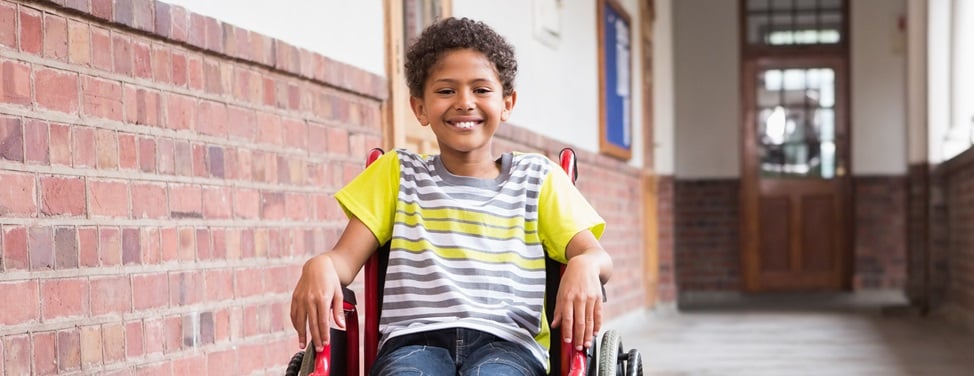- What's cognitive and neuropsychological testing?
- How is it helpful?
- Do we need to prepare for the neuropsychological evaluation?
- How long does it take?
The Pediatric Multiple Sclerosis Center typically gives children cognitive and neuropsychological testing in addition to the neurologic examination. Here are the answers to a few common questions about the neuropsychological testing and evaluation.
What's cognitive and neuropsychological testing?
Cognitive testing measures a number of cognitive abilities, otherwise known as thinking skills, that are important for a child's ability to succeed in school. Neuropsychological testing and evaluation helps us understand how multiple sclerosis, or MS, might impact behavior and learning and how this might affect your child at school.
During neuropsychological testing, we evaluate verbal and nonverbal skills, visual and motor skills, concentration, memory and speed of thinking. We can also look at the ways that kids solve problems and organize their thinking skills. All of these abilities are governed by different parts of our brain. By finding out how our brains work, we can find out which area in our brain is affected by MS.
The neuropsychological evaluation is extremely helpful for several reasons:
- For patients, it provides an opportunity to understand their thinking skills and their relative strengths and weaknesses — which tasks are easy for them and which are hard. This can help them find strategies and ways to get around cognitive symptoms of MS.
- For parents, this evaluation provides an opportunity to understand how MS affects their child's behavior and thinking. This can help them learn how to better communicate with their child.
- For health care providers, this evaluation will serve as a baseline evaluation of your child's cognitive status. Along with the neurologic exam and MRI, this helps us monitor the course of the disease.
- For schools, this test can help assess your child's overall cognitive function if the school hasn't done formal psychoeducational testing.
Do we need to prepare for the neuropsychological evaluation?
There's no need to prepare. For the most accurate results, your child should be well rested and not hungry. If your child becomes too tired, the neuropsychologist may recommend that the evaluation be cut into several short sessions, instead of one long session.
Ideally, cognitive and neuropsychological testing is done when your child isn't experiencing a relapse and isn't on steroid treatment, both of which can impact cognitive ability.
Neuropsychological testing and evaluations can range from a screening, which takes less than an hour, to an intermediate assessment, which takes one to three hours, to a comprehensive assessment that takes several hours up to a full day.

































